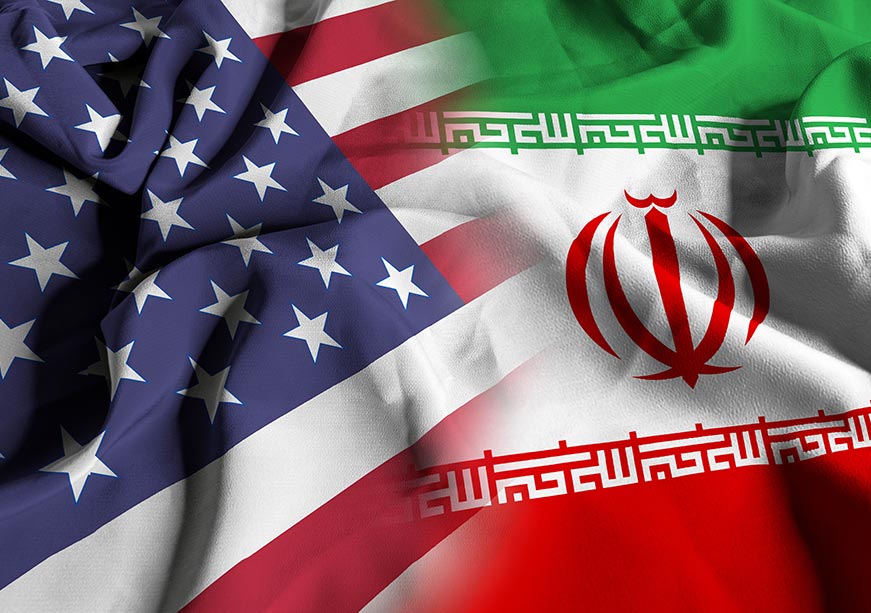.png)
In just over 50 years of independence, Bangladesh has transformed from one of South Asia’s poorest countries into an ‘Asian Tiger’ in the making. Despite a tumultuous start marked by the 1971 Liberation War and the devastating Great Cyclone of 1970, Bangladesh has made significant strides in economic development, particularly in the ready-made garments (RMG) sector. The country's economic transformation began in earnest in the early 2000s, with GDP growth rates consistently above 6 percent since 2011, excluding the pandemic-hit year 2020.
Bangladesh’s economic landscape has shifted dramatically from its agrarian roots. In the early 1970s, agriculture accounted for 60 percent of GDP, but this figure has since fallen to around 12 percent. The industry's share of GDP has risen to 33 percent, while services now contribute 55 percent, reflecting a broader structural transformation driven by trade liberalisation and industrial growth. Despite shifting import composition from agricultural to manufacturing raw materials, the country's heavy reliance on RMG for export earnings threatens future growth without diversifying into more complex manufacturing sectors like steel, chemicals, and transport equipment.
Figure 1: Trend in Exports and Share of RMG in Total Exports (1983 – 2018)

Source: S. Raihan and S.S. Khan (2020), Structural transformation, inequality dynamics and inclusive growth in Bangladesh
The RMG sector, a cornerstone of Bangladesh's economy, comprises 84 percent of the country's export earnings. This sector has seen remarkable growth, with exports increasing from US$14.6 billion in 2011 to US$33.1 billion in 2019 at a compound annual growth rate of 7 percent. However, the RMG sector's focus on low-value garments makes it vulnerable to global market volatility, as evidenced by the disruptions caused by the COVID-19 pandemic and the Russia-Ukraine conflict.
Despite its remarkable growth, the RMG sector in Bangladesh faces several critical challenges that threaten its long-term sustainability.
Despite its remarkable growth, the RMG sector in Bangladesh faces several critical challenges that threaten its long-term sustainability. Increasing operational costs and infrastructural deficiencies are significant obstacles, compounded by growing competition from countries such as Vietnam. Furthermore, the sector's heavy reliance on low-wage labour and its dependence on Western markets for exports underscores the urgent need for export diversification.
Figure 2: Growth of Apparel Imports Value from Bangladesh and Vietnam in the US and Europe (2011 – 2020)

Source: Eurostat; USITC; McKinsey Analysis
Political turmoil and international reactions
Recently, in July 2024, protests erupted in Bangladesh after the judiciary reinstated a quota system for government jobs, overturning Prime Minister Sheikh Hasina’s government's 2018 decision to abolish it. This system reserved 30 percent of jobs for families of freedom fighters and other groups, which many students argued limited merit-based opportunities. Amid high youth unemployment and economic stagnation, the protests intensified, leading to violent clashes with police and government supporters, resulting in numerous casualties and posing a significant challenge to Hasina's administration.
Recently, in July 2024, protests erupted in Bangladesh after the judiciary reinstated a quota system for government jobs, overturning Prime Minister Sheikh Hasina’s government's 2018 decision to abolish it.
The protests in Bangladesh have drawn widespread international condemnation. As expected, the US has called on Bangladesh to uphold the right to peaceful protest amid ongoing demonstrations against the government's job quota system. This situation marks the first significant challenge to Hasina's government since her re-election in January, which the US deemed not free and fair. On 3 August 2024, protesters in Bangladesh took to the streets to demand justice for over 200 people killed in last month’s student-led demonstrations against government job quotas, leading to the death of more protesters. The crisis has evolved into a nationwide civil disobedience campaign calling for Prime Minister Sheikh Hasina’s resignation—she has since tendered her resignation.
Human rights organisations and Western governments, including those of the United States (US) and the United Kingdom (UK), have criticised the suppression of freedom of speech and the violent crackdown on peaceful protesters. Earlier, Prime Minister Sheikh Hasina had accused the US of attempting to instigate a regime change in Bangladesh, claiming they aim to eliminate democracy and introduce an undemocratic government. Hasina's remarks in Parliament follow heightened scrutiny from Washington regarding human rights issues under her Awami League Party.
In July 2024, the European Union postponed negotiations with Bangladesh on a new Partnership and Cooperation Agreement (PCA) to strengthen trade ties, ensure better market access, and support developmental initiatives. The EU is a crucial trading partner that accounted for 20.7 percent of Bangladesh's trade in 2023, and moving the talks from September to November was also prompted by the EU's criticism of Bangladesh's response to recent student-led unrest, which raised serious concerns about human rights and governance.
Balancing diplomacy and trade baskets
Despite the West meddling in Bangladesh’s domestic issues, any extreme steps from either side can have a detrimental impact on Bangladesh’s economy. Bangladesh’s export-oriented growth is highly dependent on exports to Western countries, so any potential sanctions or trade restrictions could significantly harm the economy. Maintaining a diplomatic balance with Western countries is crucial for Bangladesh to avoid potential sanctions and ensure economic stability.
Despite the West meddling in Bangladesh’s domestic issues, any extreme steps from either side can have a detrimental impact on Bangladesh’s economy.
Western hegemony in Bangladesh's RMG imports is evident through the dominant control exerted by Western countries, primarily the United States and the European Union. It is characterised mainly by Bangladesh's market dependency, with over 80 percent of its RMG exports directed towards these Western markets. The cost advantages and substantial production capacity of Bangladeshi RMG factories drive the strategic supplier relationship with major Western clothing brands. The RMG sector, crucial to Bangladesh's economy, significantly contributes to export earnings and employment, yet this also highlights the country's economic dependency on Western demand, market conditions and political perceptions about Bangladesh.
While Western demand plays a vital role in sustaining Bangladesh's RMG industry, it simultaneously underscores its vulnerability to external economic pressures and ethical scrutiny. Finally, Bangladesh must focus on strategic diversification and resilience in its export and import sectors to enhance macroeconomic stability in the longer horizon. Diversifying export commodities beyond the RMG industry and expanding trading partners can reduce dependency on a single market and mitigate the risks of economic disruptions. Similarly, diversifying import sources can ensure a stable supply of essential goods and minimise vulnerability to geopolitical tensions and supply chain disruptions.
Soumya Bhowmick is an Associate Fellow at the Centre for New Economic Diplomacy at the Observer Research Foundation.
(Disclaimer: GPT-4o has been used to help summarise the findings from a 2023 ORF paper by the same author, A Game of Shadows: Growth, Distribution, and Systemic Shocks in the Bangladesh Economy. The information is then edited and placed in the first four introductory paragraphs of the article.)
The views expressed above belong to the author(s). ORF research and analyses now available on Telegram! Click here to access our curated content — blogs, longforms and interviews.



.png)
 PREV
PREV


